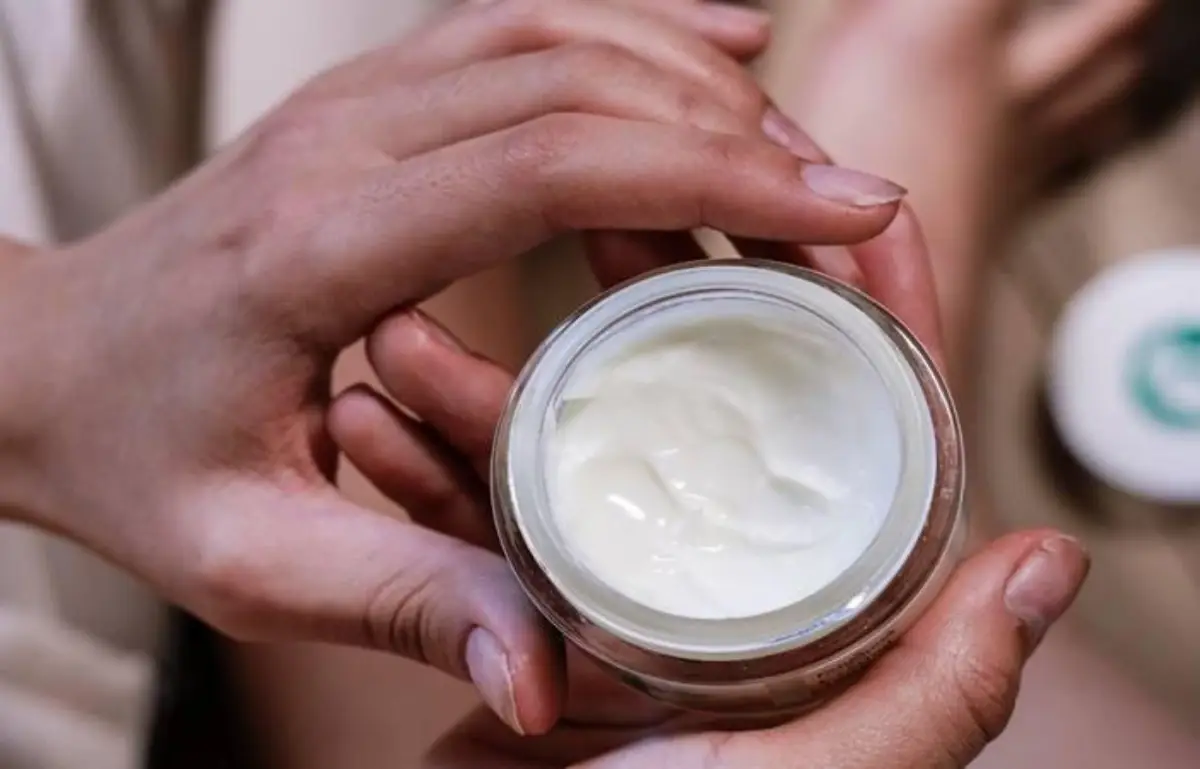
Reasons For Peeling Skin
Facial peeling can be a disconcerting experience, leaving individuals searching for answers and effective solutions. While there are various reasons for skin peeling, understanding the underlying causes is crucial for finding the right remedies. Let us understand the reasons for peeling skin and investigate practical tips for addressing each issue.
Sunburn
One of the primary culprits behind facial peeling is prolonged exposure to the sun. Sunburn damages the skin, causing it to peel as it attempts to shed the damaged outer layer. To alleviate sunburn peeling, applying aloe vera gel can provide soothing relief. Aloe vera’s natural properties promote healing, allowing the skin to recover. Additionally, using a moisturizer with SPF 60 during the day helps prevent further sun damage. Face packs can aid in cooling the skin, and staying hydrated by drinking plenty of water is essential for overall skin health.
Elaborating on sun protection, it is crucial to emphasize the importance of sunscreens containing broad-spectrum protection. These sunscreens shield the skin from both UVA and UVB rays, preventing sunburn and reducing the likelihood of peeling. Consistent sun protection is not only vital for treating sunburn but also for maintaining long-term skin health.
Medications
Certain medications, particularly those used for acne or containing retinoids, can lead to skin peeling as a side effect. If you suspect your medications are causing this issue, consulting with a dermatologist is crucial. They can provide alternative solutions or adjust your medication regimen to minimize peeling. An interesting alternative to retinol is Bakuchiol, a natural substitute with similar benefits but fewer side effects. Discussing such alternatives with your healthcare professional ensures a balanced approach to skincare. Moreover, it is essential for individuals to be proactive in communicating with their healthcare providers about any skin-related side effects they experience. Open dialogue facilitates a collaborative effort in finding the most suitable solutions for individual needs.
Dry Skin
Especially prevalent during the winter months, dry skin can lead to peeling. Combating dry skin involves a two-step process – exfoliation and moisturization. Gentle exfoliation helps remove dead skin cells, allowing moisturizing products to penetrate better. Choosing dry skin body lotions, body massage oils, or ayurvedic skincare products provides the necessary hydration to replenish the skin’s moisture barrier. Glycerine, a humectant, can be particularly beneficial when applied at night, preventing further moisture loss. Daytime care involves using quality face moisturizers or body butter lotions to maintain skin hydration throughout the day.
Incorporating natural remedies, such as honey masks or oatmeal-based exfoliants, can further enhance the skin’s ability to retain moisture. These alternatives not only provide hydration but also offer additional nutrients that contribute to skin health.
Medical Skin Conditions
Skin conditions like eczema can contribute to peeling and require a specialized approach. Consulting a doctor or dermatologist is essential for obtaining an accurate diagnosis and developing a tailored treatment plan. Medical conditions may necessitate prescription medications, and professional guidance ensures proper management.
Furthermore, understanding the triggers and aggravating factors of specific skin conditions is crucial. This knowledge empowers individuals to make informed lifestyle choices and adopt preventive measures to minimize the recurrence of peeling episodes.
Allergies
Allergic reactions can manifest as skin peeling, emphasizing the importance of identifying and addressing allergens. Seeking medical advice is essential for proper diagnosis and treatment. Maintaining a journal of potential allergens can assist in pinpointing triggers and avoiding future reactions. Before introducing new skincare products, conducting patch tests helps identify potential allergens and prevents adverse reactions. (IANS)




